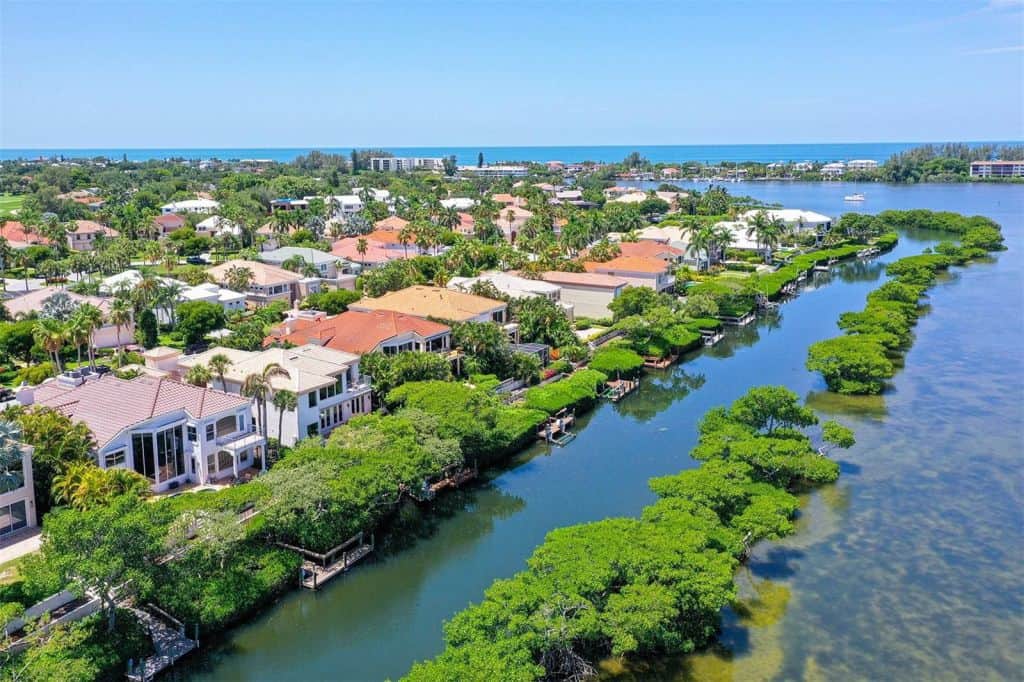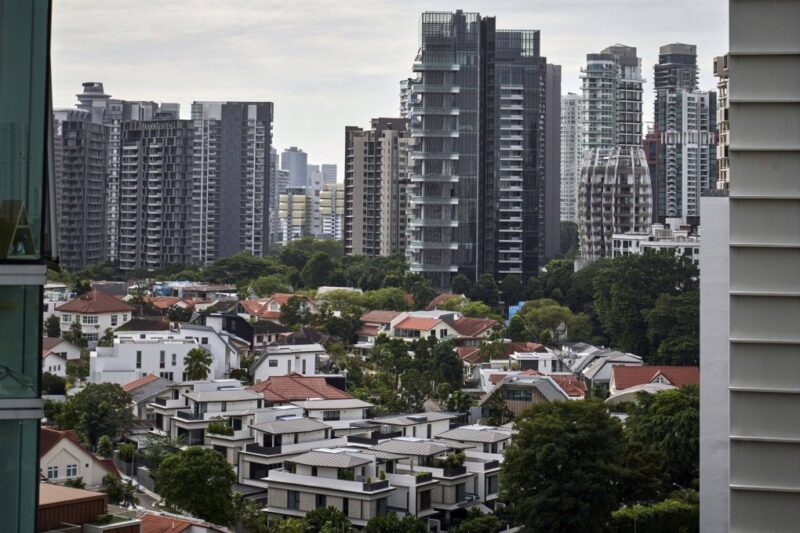Purchasing private property in Singapore is an intricate journey, shaped by a mosaic of rules and regulations that govern eligibility and requirements. As a vibrant and densely populated city-state, Singapore has crafted a unique real estate landscape, where government policies strive to balance the aspirations of individuals with national goals.
From understanding ownership restrictions for foreigners to navigating the nuances of financing and eligibility criteria, potential buyers must arm themselves with knowledge and insight. This guide aims to illuminate the key steps and considerations involved in the process, paving the way for informed decisions in a competitive market that is both dynamic and rewarding.
Whether youre a first-time buyer or someone looking to invest, understanding the pathways to property ownership is crucial in unlocking the doors to your dream home or investment opportunity.
Eligibility Criteria for Foreigners

When exploring the eligibility criteria for foreigners buying private property in Singapore, it’s important to understand the regulations in place. Foreigners can generally buy private condominiums without major restrictions, making developments like the river green showflat a practical starting point for viewing available options. Landed properties, on the other hand, come with stricter rules.
Foreigners must apply for government approval, and approval often depends on factors such as residency status or economic contribution. These rules affect not just what you can buy, but also how and when you can invest.
To avoid mistakes, buyers should study the regulations carefully or consult a qualified property expert before making decisions in Singapore’s real estate market.
Financial Requirements

When navigating the financial landscape of buying private property in Singapore, prospective buyers must understand several key financial requirements that can significantly influence their purchasing power. First and foremost, ensuring a solid financial foundation is essential; this includes a stable income, clear credit history, and sufficient savings to cover the necessary down payment, which typically hovers around 20% of the property’s price for non-landed homes.
Additionally, the Total Debt Servicing Ratio (TDSR) framework mandates that all borrowers must keep their monthly debt obligations within 55% of their gross monthly income, a crucial factor to consider when calculating how much loan one can afford. Beyond these formalities, buyers should also account for supplementary costs such as stamp duty, legal fees, and maintenance charges, as these can rapidly escalate the overall investment.
With the right financial planning and an understanding of these requirements, one can better navigate the exciting yet intricate journey of purchasing property in Singapore.
Key Process Steps in Buying Private Property

When embarking on the journey to purchase private property in Singapore, understanding the key process steps is essential. First, begin with a thorough assessment of your eligibility based on factors such as residency status and financial capability.
Next, engage in extensive research to identify suitable neighborhoods and property types that align with your lifestyle and budget. Once you’ve narrowed down your options, enlist a trusted property agent to help navigate the complexities of the market.
This agent will guide you through crucial negotiations and paperwork, ensuring you’re well-informed at every turn. After securing a property, be prepared for the legal intricacies—this typically involves a Sales and Purchase Agreement, along with other legal documents that require careful scrutiny.
Finally, upon the completion of these steps, you’ll be ready to celebrate your new investment, having successfully navigated the multifaceted landscape of property buying in Singapore.
Conclusion
In conclusion, navigating the landscape of purchasing private property in Singapore involves understanding the various eligibility criteria and requirements set by the government. Whether you are a local citizen, a permanent resident, or a foreign national, ensuring compliance with these rules is crucial for a smooth buying process.
From securing financing to meticulously reviewing the available options, potential buyers must remain informed and prepared. Notably, developments like River Green showflat serve as prime examples of the diverse opportunities in the market, showcasing the importance of thorough research and planning.
By adhering to the established guidelines, prospective homeowners can make informed decisions, paving the way for a successful property investment in Singapore’s dynamic real estate sector.


